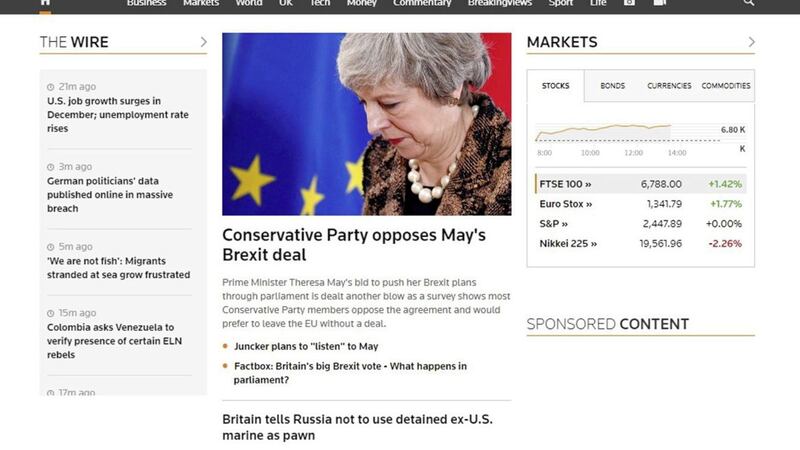THE temptation to exaggerate the role of a box office trade skirmish between two global economic superpowers in the performance of capital markets has been undeniably strong.
The trade tussle, and of course Brexit, have dominated the airwaves for much of the year – how can they not be the most important factors to think about for investors?
Such media sway over capital markets would not be new either. A recent IMF study examining the effect of more than 4.5 million Reuters articles published between 1991 and 2015 found that news sentiment has indeed had a pervasive impact on short term equity prices around the world.
Interestingly enough, this study also showed that investors are significantly more sensitive to media tone during more difficult market periods.
There is opportunity in all of this for the clear-headed investor. Biases can help dislocate asset prices from their intrinsic value, something that we feel has perhaps happened this year with emerging market equities in particular.
This is not to say that a further ratcheting up of trade tensions wouldn’t hurt the fundamental backdrop for emerging market and indeed global equities.
However, other factors, such as the mostly deliberate slowdown in the Chinese economy, and the move to a higher, fairer, trading range in US interest rates, have likely been more important in explaining the underperformance so far.
Importantly, both of these factors are likely to be less obstructive as we look to the year ahead.
:: Even populists have to borrow
The more heavily indebted a government, the less leeway its politicians have to indulge the expansive fiscal gestures that may have helped them into office.
Of course, this doesn’t guarantee good governance, but those countries with the soundest, most plausible finances tend to be the same ones that get to borrow at the cheapest rate for the longest.
The new Italian government has been wrangling with the European Commission over its proposed budget for much of the last few months. This scuffle has seen interest rates on Italian debt soar and wider European equities suffer amidst returning redenomination risk and other familiar tropes.
:: Beware of extrapolation
At the centre of the first rout of the year in February were some financial contraptions designed to benefit from the low levels of market volatility seen over the near miraculous calm of 2017.
Essentially, these products were selling insurance to those afraid of the return of the rollercoaster. As with all types of insurance, the return to those selling it is stable and positive until suddenly it is large and negative.
Premiums roll in month after month until the insured-against event occurs, and a sharp loss ensues. Given the prolonged period of subdued market volatility, it may be that some of these unwitting ‘insurers’ had forgotten exactly what risks they were covering. Most of the exchange traded notes (ETNs) which granted exposure to such volatility insurance were closed, and heavy (and permanent) losses were inflicted on their unfortunate investors.
The lesson here is that we are instinctive extrapolators. When things are going well, it seems to become harder to imagine anything bad happening; the converse is also true.
:: Claire McCombe is a private banker with Barclays Wealth & Investments NI







